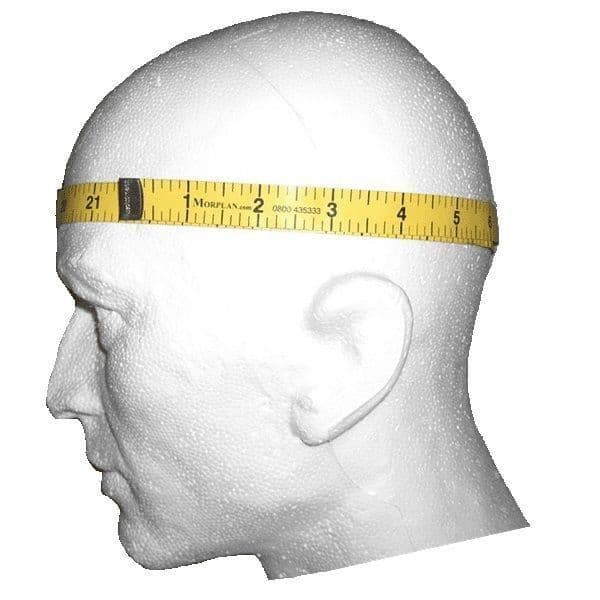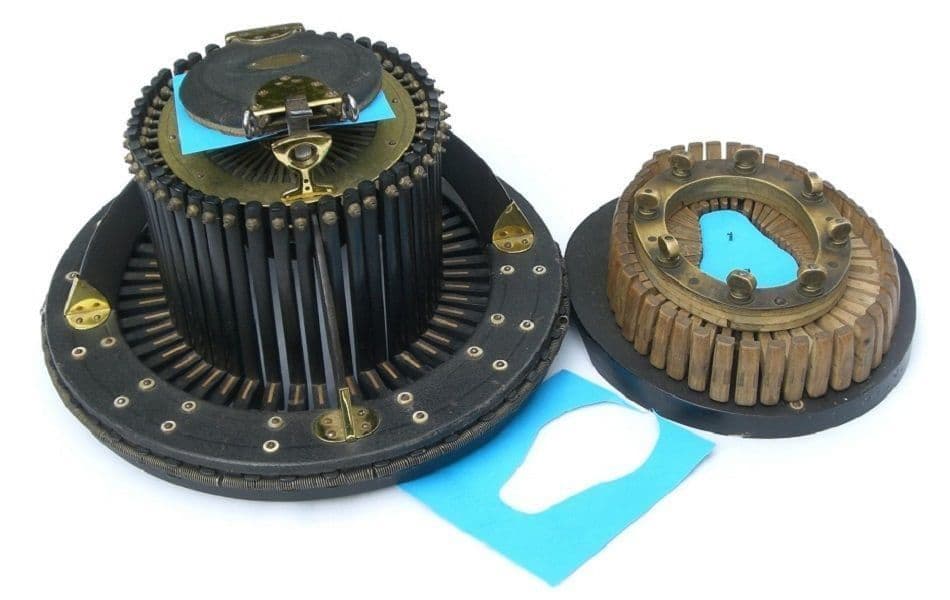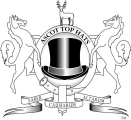How to Measure Your Hat Size & Shape
Measuring Your Hat Size

To find your general Hat Size using a flexible tape, measure your head circumference above the ears, approximately 1 inch above your eyebrows and about 1⁄2 inch to 1 inch above the ears (the hat brim should not touch your ears). Note: The UK and US have traditionally used Imperial Sizes (measured in 1⁄8 increments) that are out of phase by one unit with each other. To reduce confusion please always use CM to measure your size.
| CM | INCH | UK | US | CM | INCH | UK | US | |
|---|---|---|---|---|---|---|---|---|
| 52 | 20 & 1⁄2 | 6 & 3⁄8 | 6 & 1⁄2 | 59 | 23 & 1⁄4 | 7 & 1⁄4 | 7 & 3⁄8 | |
| 53 | 20 & 7⁄8 | 6 & 1⁄2 | 6 & 5⁄8 | 60 | 23 & 5⁄8 | 7 & 3⁄8 | 7 & 1⁄2 | |
| 54 | 21 & 1⁄4 | 6 & 5⁄8 | 6 & 3⁄4 | 61 | 24 | 7 & 1⁄2 | 7 & 5⁄8 | |
| 55 | 21 & 5⁄8 | 6 & 3⁄4 | 6 & 7⁄8 | 62 | 24 & 3⁄8 | 7 & 5⁄8 | 7 & 3⁄4 | |
| 56 | 22 | 6 & 7⁄8 | 7 | 63 | 24 & 3⁄4 | 7 & 3⁄4 | 7 & 7⁄8 | |
| 57 | 22 & 1⁄2 | 7 | 7 & 1⁄8 | 64 | 25 & 1⁄8 | 7 & 7⁄8 | 8 | |
| 58 | 22 & 7⁄8 | 7 & 1⁄8 | 7 & 1⁄4 | 65 | 25 & 5⁄8 | 8 | 8 & 1⁄8 |
TOP HAT (& BOWLER) SIZING NOTE: As these hats are typically rigid stiff Hats, even if you have the correct size; They do not readily confirm to your head SHAPE (like a soft Panama Hat). If you are buying online and not visiting to have our fitting service, often one may need ONE SIZE UP to fit the max "outer" periphery of your head shape, (see below for further details) so it may fit "front to back" but then have slight gaps on the side, especially if you are a long oval shape. E.g. If you measure 57cm, you may wish to use a 58cm to better fit your outer shape (if the hat is not being fitted/reconformed).
Headwear Size vs Hat Size

The above images represents the Boater Size the Hat Size the Flat Cap Size and the Winter Headwear Size positions. The red line indicates the baseline Hat position on each image.
Different types of headwear are worn in different positions on the head, a person actually has multiple Headwear Sizes depending what is type of headwear is being worn and the circumference around the head where the headwear is positioned at. Using the initial Hat Size as a Baseline (as measured above), one can extrapolate some general rules of thumb (or maybe rules of head!) to find the other probable headwear sizes without having to measure them all.
- Subtract one size for Berets and Boater Size (As usually worn higher on head).
- Use the standard Hat Size for Fedoras / Panamas and rigid Top Hats / Bowlers (that are being conformed).
- Add one size for Tweed / Flat Cap Size (Usually worn at a longer slanted angle behind the ears) or rigid Top Hats / Bowlers (that are not being conformed) if you have a long oval head shape.
- Add two sizes for Winter Headwear Size (That go over the ears increasing the overall size).
Measuring Your Head Shape
Heads are not the same, even if you measure the same Hat Size as someone else your Head Shape may be different. Some people have round heads, other elongated ovals, or you can be tapered at the front, and often there is the odd bump also to take into account too. To try to accommodate most people, hat makers make headwear in shapes called "Ovals". Whilst there is no regulated system, most hats are made in what is called a Regular Oval shape (others being Round Oval and Long Oval).
Soft hats such as Panamas and Cloth Caps, the fabric can easily mould to an individual's head, but with stiff felt bowlers / toppers and silk top hats the Head Shape is as important as the Hat Size, and a Hat Fitting becomes paramount. Your Head Shape can be measured at our workshop using specialised tools such as a Conformateur and Formillion (pictured below) so that we can make a model of your shape.

If you are unable to make it to our Workshop we often attend various Events Shows throughout the year, alternatively we have created a Hatter's Curve so you can also DIY measure your size and shape. The best option is always to pop in for an appointment and we can measure you.
Hat Fitting
After measuring the Hat Size and Head Shape, a Hat Fitting Service can reconform a hat of the right size from it's standard off the shelf shape to a one more suited to your head shape. If you have already bought a hat or inherited a hat elsewhere we can usually assist too, provided that it is in good condition and the correct size. Depending on the type of headwear construction type we use various traditional techniques to heat and remould the headwear, so it may feel more comfortable and look better and hopefully be less likely to fall off!
